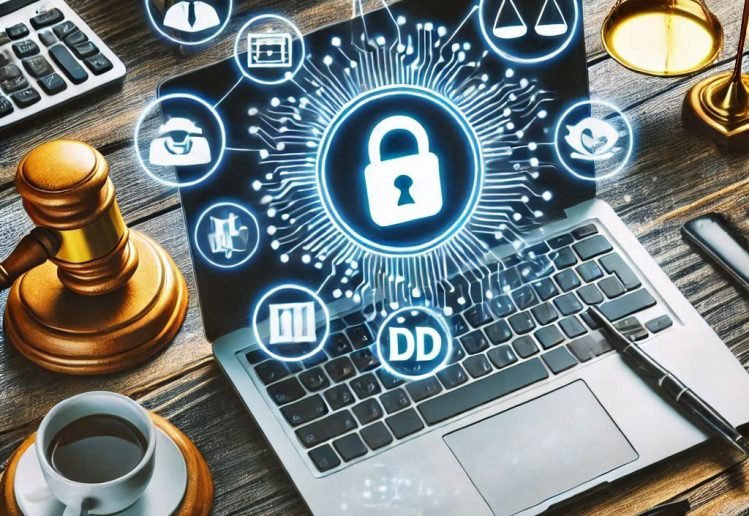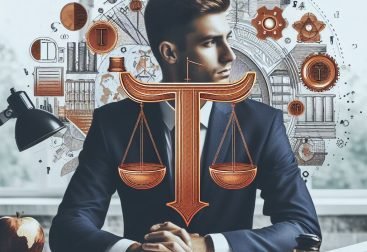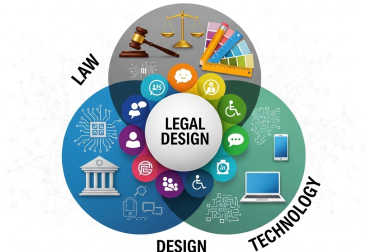The due diligence process is a cornerstone of corporate transactions, whether for mergers and acquisitions (M&A), investments, or partnerships. While it is critical for identifying risks and ensuring compliance, due diligence is also time-consuming, resource-intensive, and prone to human error when done manually. This is where legal technology (legal tech) steps in to transform the process, making it more efficient, accurate, and scalable.
In this article, we’ll explore how legal tech can be instrumental in due diligence and the specific tools and technologies that make the process faster and easier.
The Challenges of Traditional Due Diligence
Traditional due diligence involves collecting, reviewing, and analyzing a massive volume of data, ranging from corporate documents and contracts to financial statements and regulatory filings. The process is often hindered by:
- Manual document review: Reviewing hundreds or thousands of pages of contracts and agreements is time-intensive and prone to oversight.
- Siloed data: Information is often scattered across different departments, systems, and formats, making access and organization difficult.
- Repetitive tasks: Tasks like extracting key terms, verifying regulatory compliance, or summarizing contract obligations can be tedious.
- Human error: Even the most experienced professionals can overlook critical details in large-scale reviews.
These challenges can lead to delays, increased costs, and missed risks. Legal tech addresses these pain points directly.
How Legal Tech Enhances the Due Diligence Process
Legal technology brings a suite of tools that streamline and automate various aspects of the due diligence process. Here are some ways legal tech can add value:
1. Document Automation and Review
One of the most significant applications of legal tech in due diligence is the automation of document review. Tools powered by artificial intelligence (AI) and natural language processing (NLP) can:
- Identify key clauses in contracts, such as termination rights, change-of-control provisions, and indemnity clauses.
- Extract and summarize information from large volumes of documents in a fraction of the time it would take a human reviewer.
- Highlight red flags, such as missing signatures, outdated agreements, or non-compliance with regulatory standards.
Examples: Platforms like Kira Systems, Luminance, and Leverton excel at contract review automation.
2. Centralized Data Rooms
Legal tech offers virtual data room solutions that centralize all due diligence documents in a secure, cloud-based platform. These tools:
- Allow multiple stakeholders to access, collaborate, and review documents in real-time.
- Include built-in analytics to track progress and identify bottlenecks.
- Ensure compliance with data protection regulations through secure encryption and access controls.
Examples: Platforms like iManage, Merrill Datasite, and Intralinks are widely used for virtual data rooms.
3. AI-Powered Risk Analysis
AI tools can go beyond document review to provide deeper insights by analyzing patterns and identifying risks that might not be obvious during a manual review. For example:
- AI can flag inconsistencies in financial statements or discrepancies in regulatory filings.
- Predictive analytics can estimate potential risks associated with litigation or regulatory changes.
This enables decision-makers to focus their efforts on high-risk areas, improving both the speed and quality of the process.
4. Workflow Automation
Legal tech streamlines repetitive administrative tasks through automation. For example:
- Automated checklists can ensure that every step of the due diligence process is completed and documented.
- Task management tools help assign responsibilities, track deadlines, and monitor overall progress.
Tools like Asana, Trello (integrated with legal-specific apps), and Litera Transact are excellent for managing workflows.
5. Regulatory Compliance Tools
Regulatory compliance is a critical aspect of due diligence. Legal tech platforms can:
- Cross-reference company data with regulatory requirements to ensure compliance.
- Automatically update users on changes to laws and regulations that could impact the transaction.
Examples: Tools like ComplyAdvantage and Arachnys specialize in compliance monitoring and risk screening.
Benefits of Legal Tech in Due Diligence
The adoption of legal tech in the due diligence process offers numerous advantages:
- Speed: AI-powered tools can review thousands of documents in hours rather than weeks.
- Accuracy: Automated tools reduce the risk of human error and ensure consistency in document analysis.
- Cost Savings: By automating labor-intensive tasks, legal tech reduces the need for extensive manpower, cutting costs significantly.
- Scalability: Legal tech can handle large volumes of data, making it ideal for complex transactions.
- Enhanced Collaboration: Cloud-based platforms enable seamless collaboration between legal teams, clients, and other stakeholders.
Looking Ahead: The Future of Legal Tech in Due Diligence
As legal tech continues to evolve, its impact on due diligence will only grow. Emerging technologies such as blockchain, smart contracts, and advanced AI could further revolutionize the process by:
- Ensuring data integrity through blockchain-powered document management.
- Enabling real-time audits with smart contracts that automatically verify compliance.
- Providing predictive insights using machine learning to identify potential risks before they materialize.
Conclusion
Legal tech is no longer a luxury but a necessity in modern due diligence processes. By leveraging tools that automate document review, centralize data, and provide AI-powered insights, legal teams can conduct due diligence faster, more accurately, and more cost-effectively.
For firms looking to stay competitive, adopting legal technology is a strategic investment that delivers immediate value while paving the way for long-term success.
Is your legal team ready to embrace the power of legal tech in due diligence? Let us know your thoughts in the comments below!











